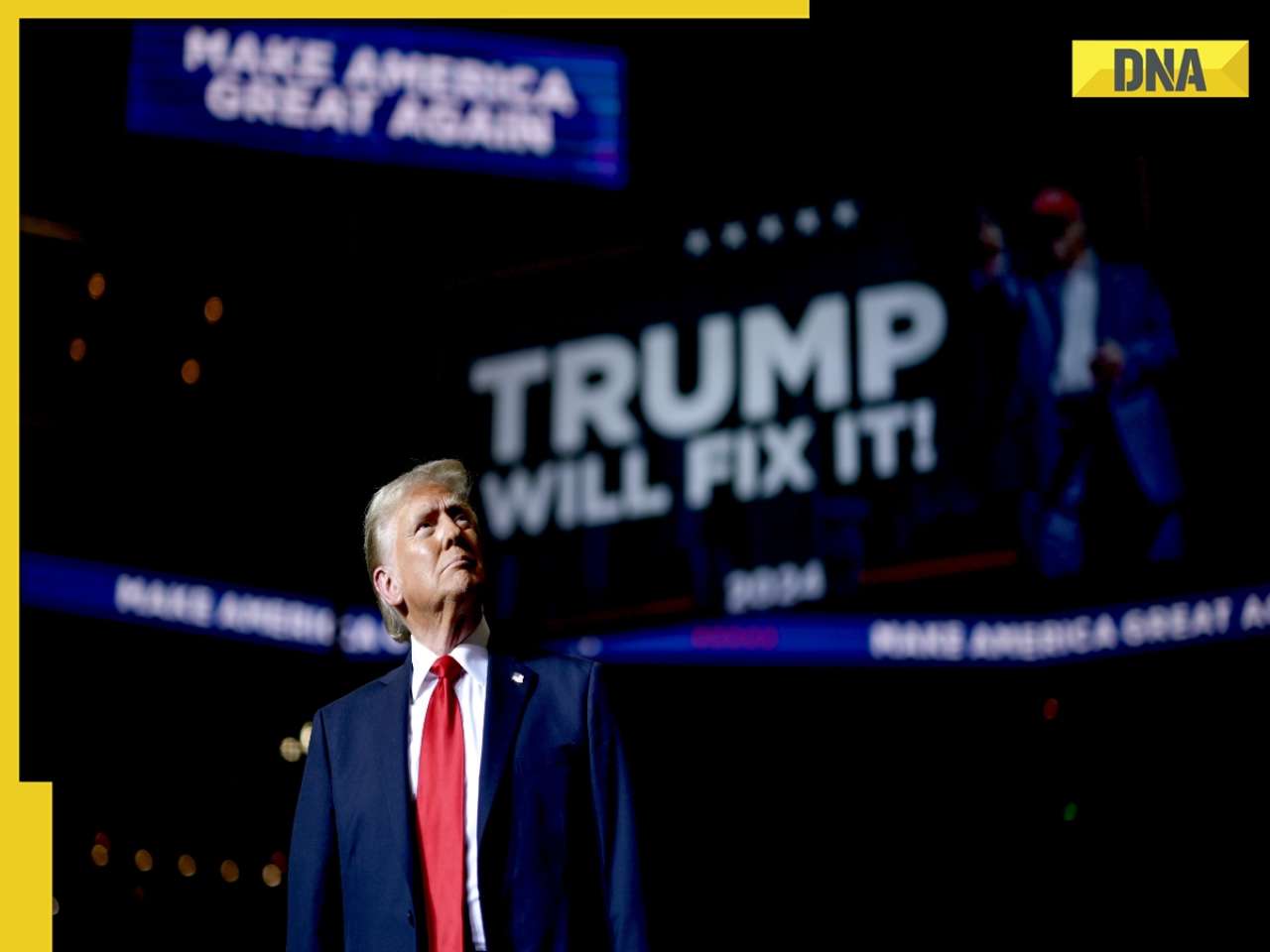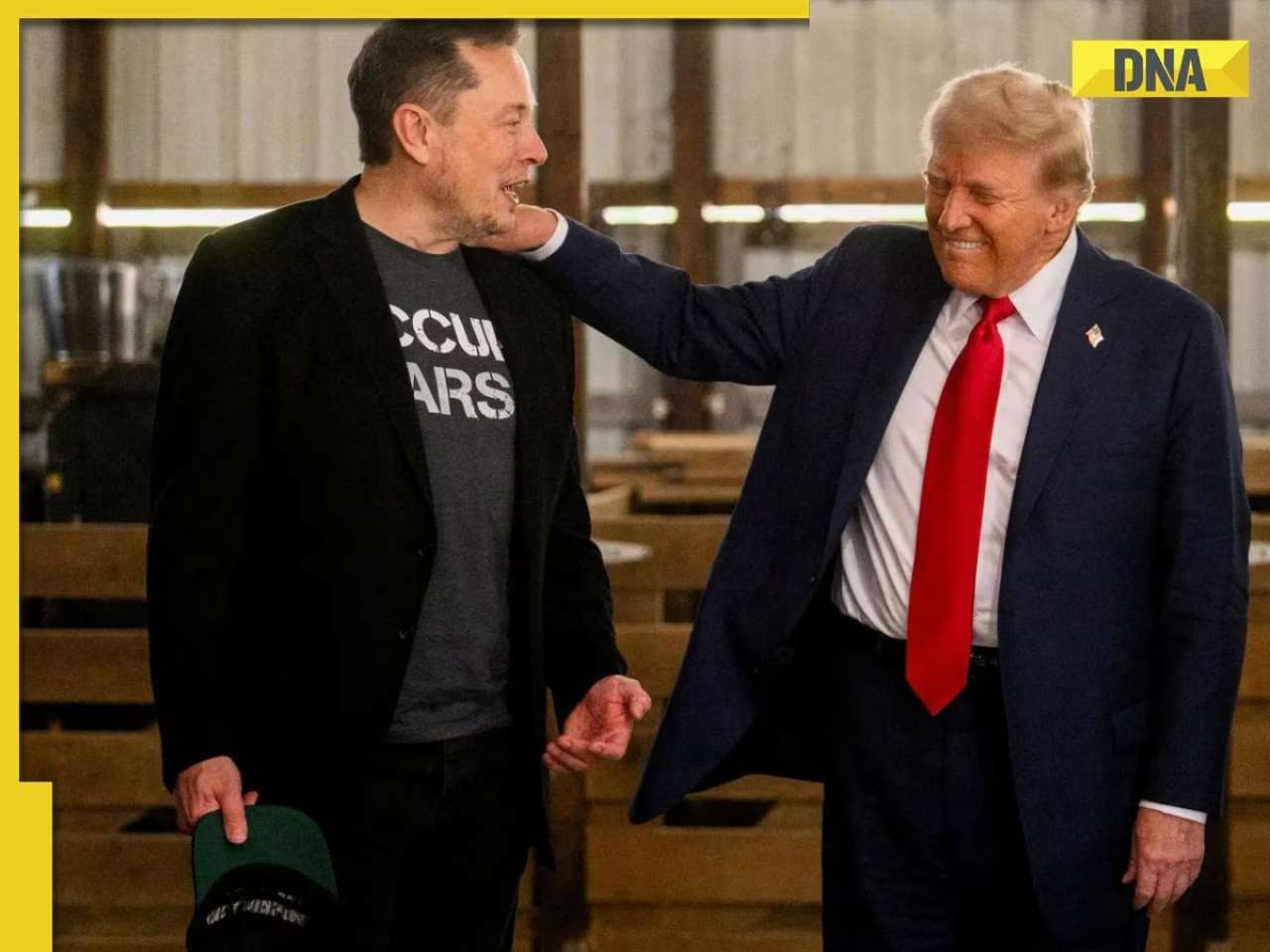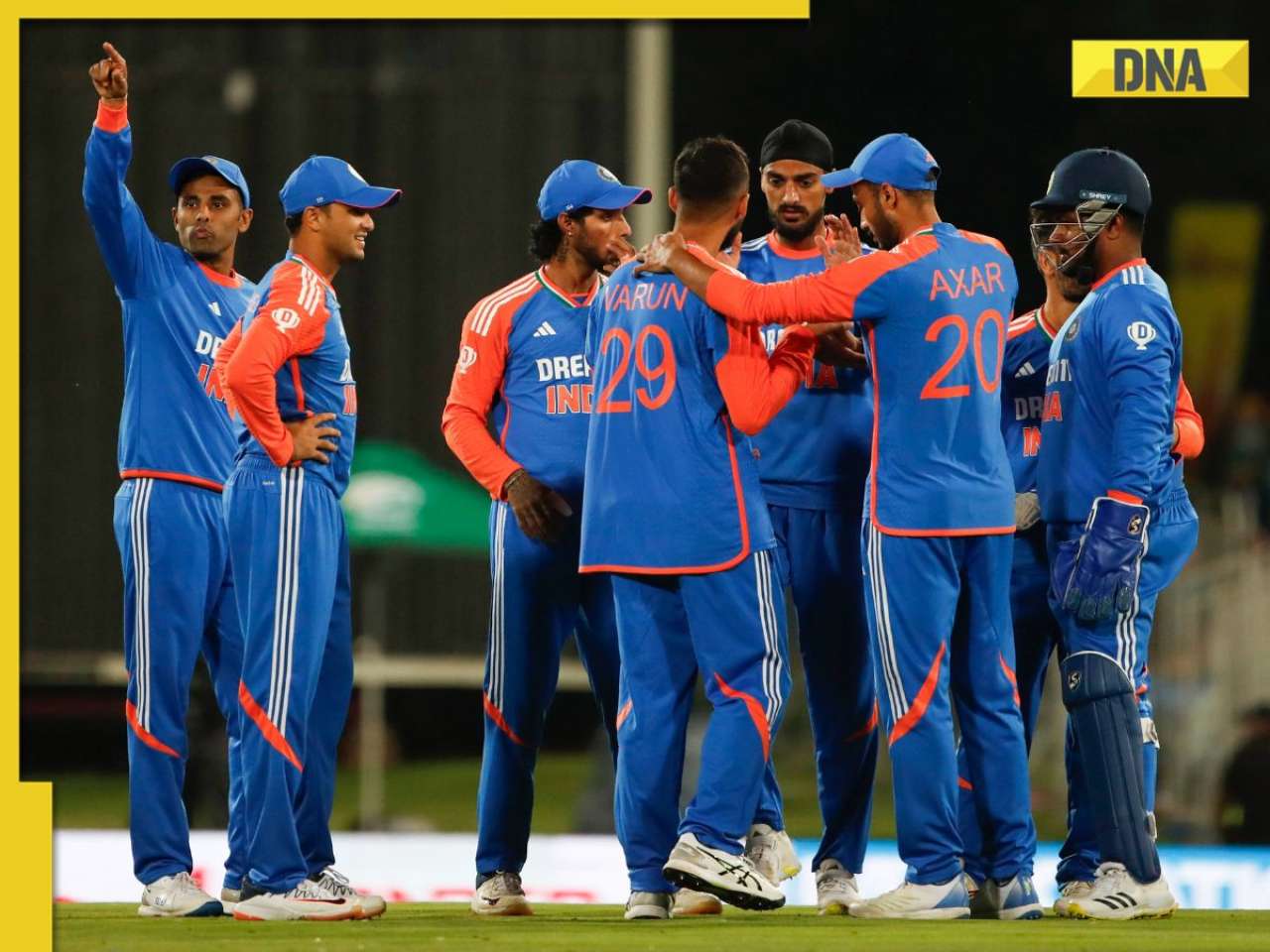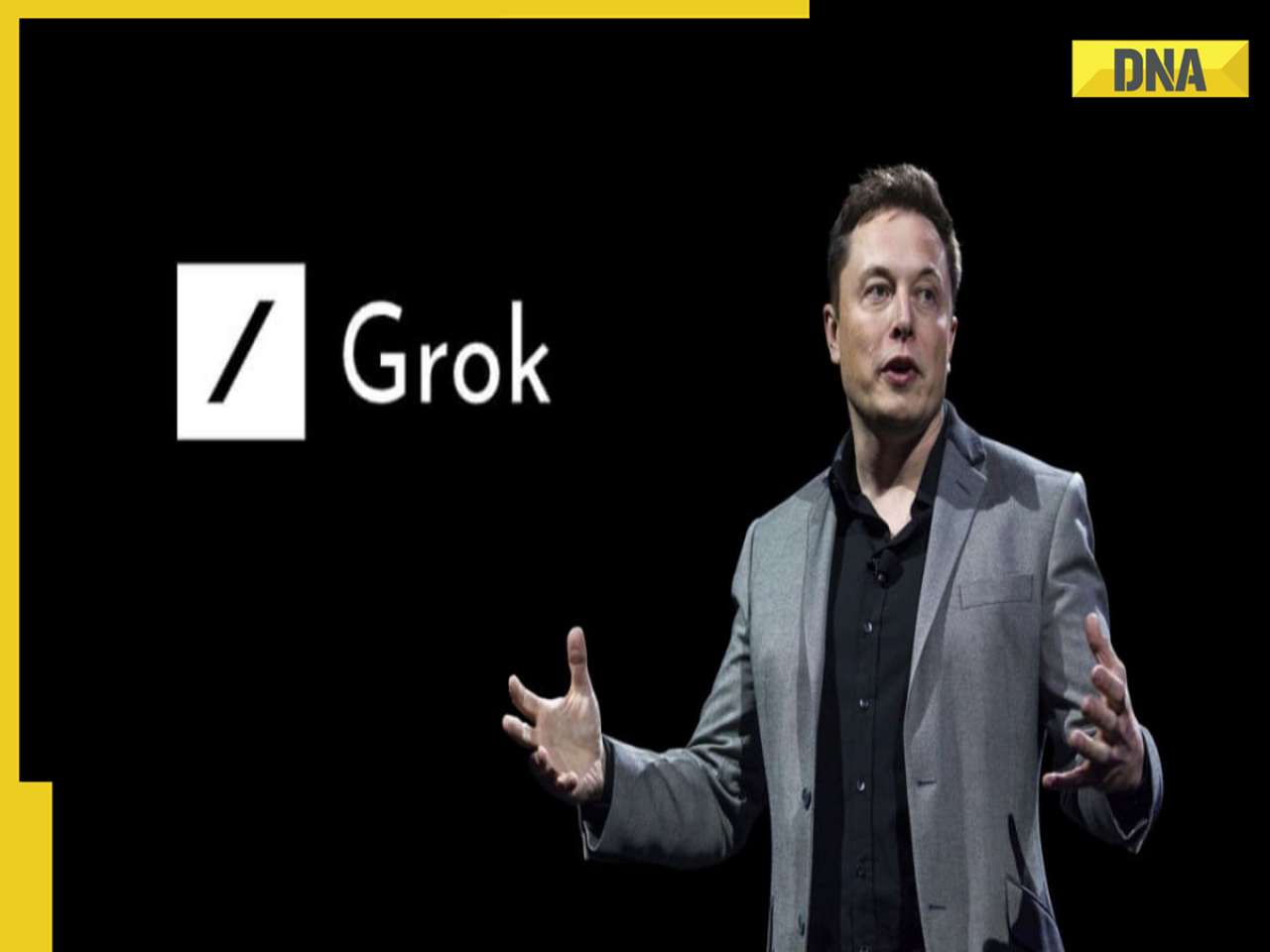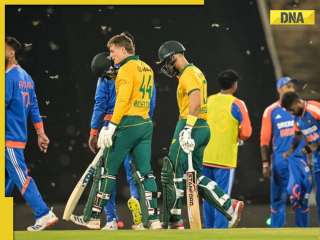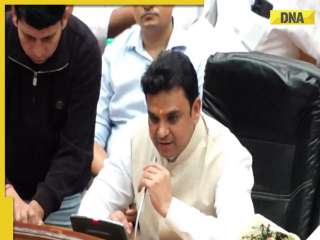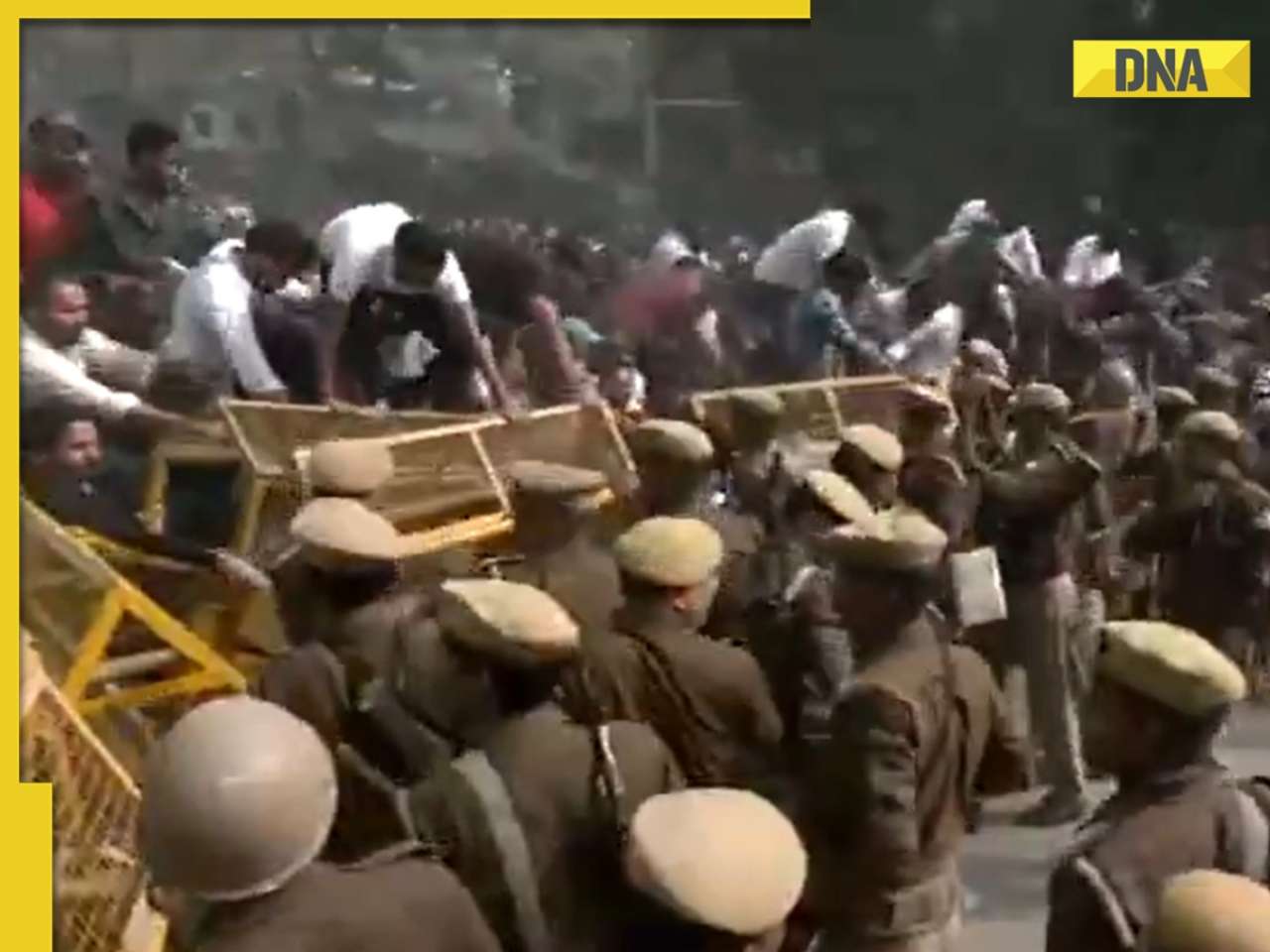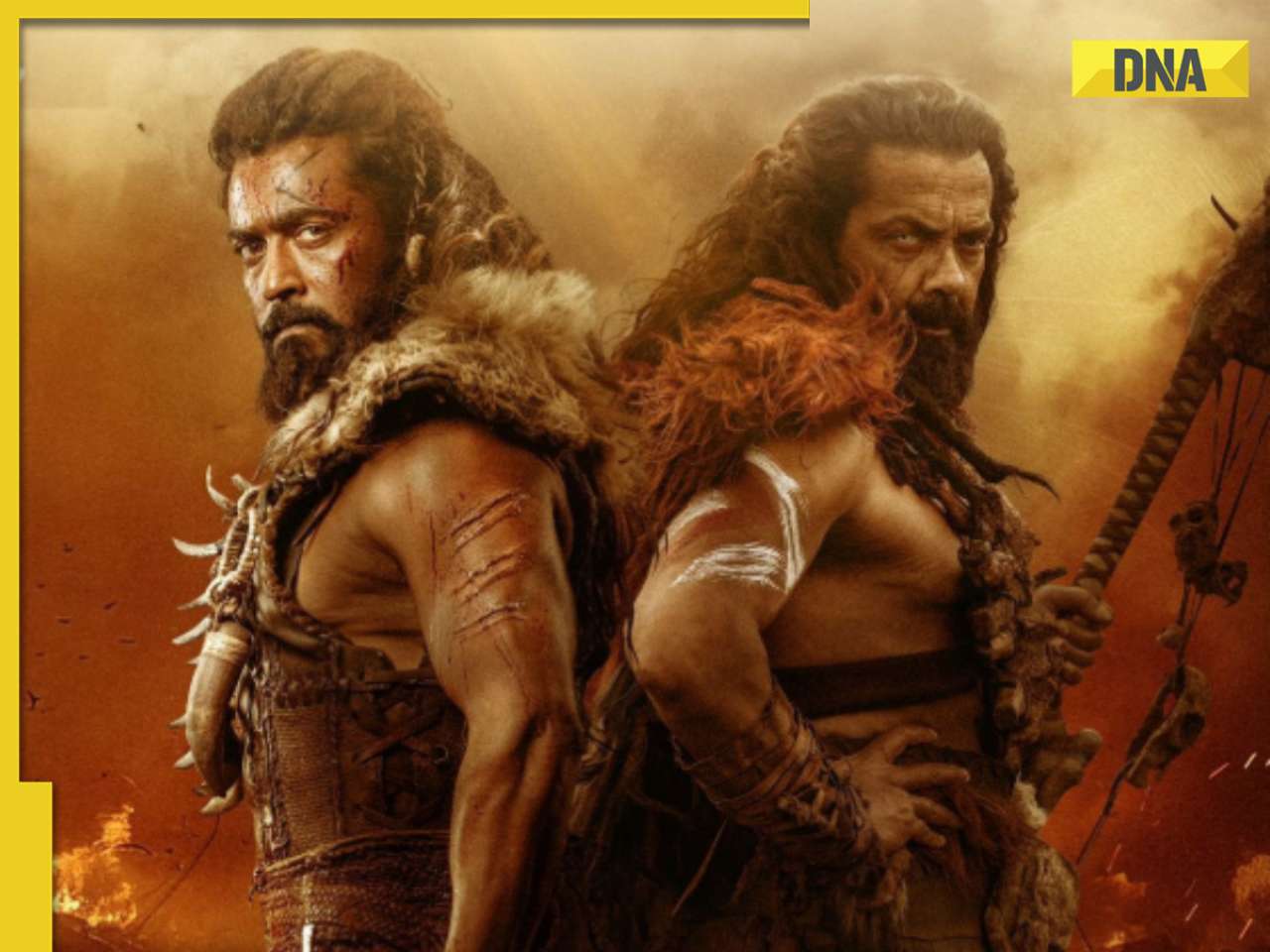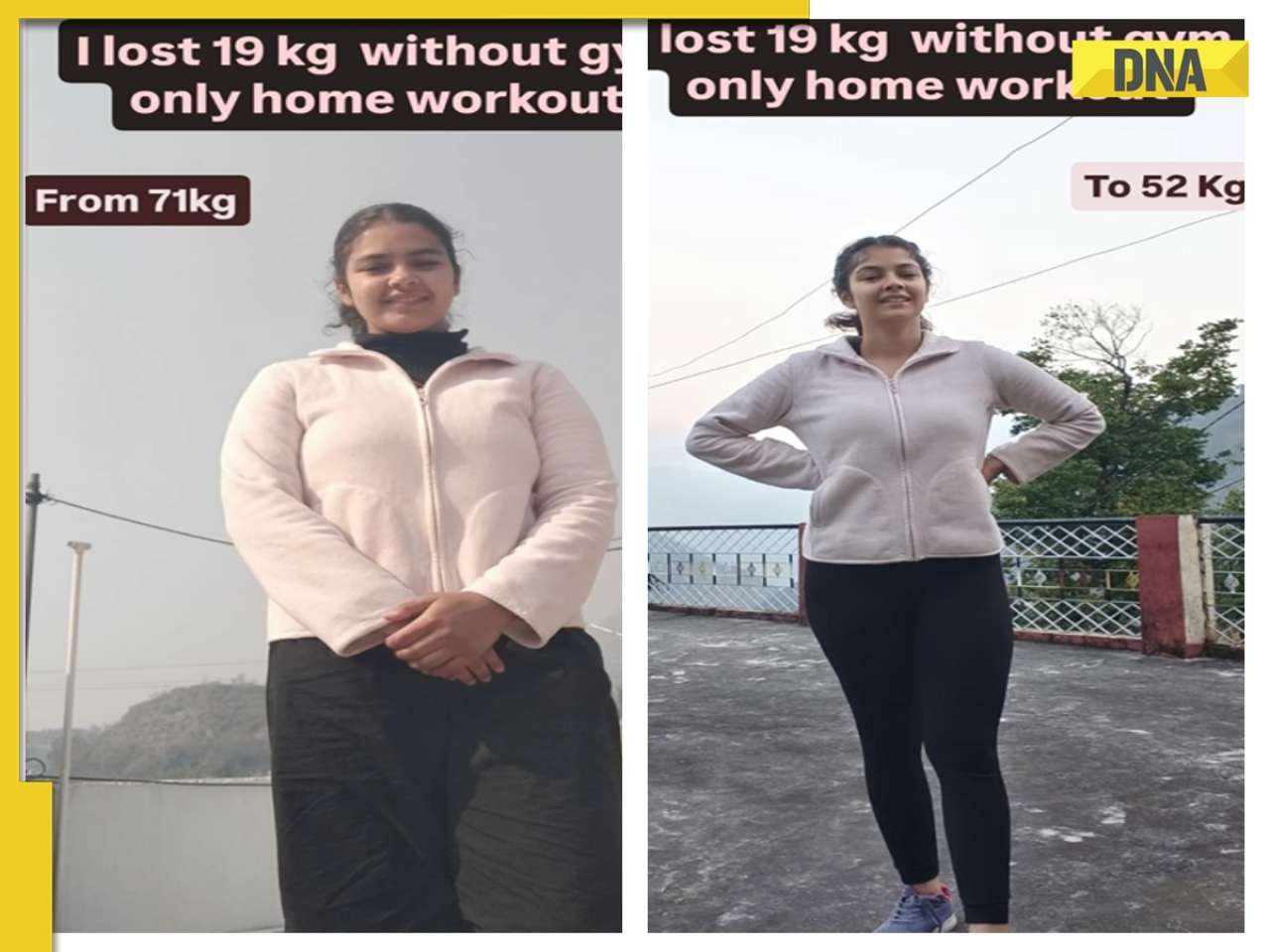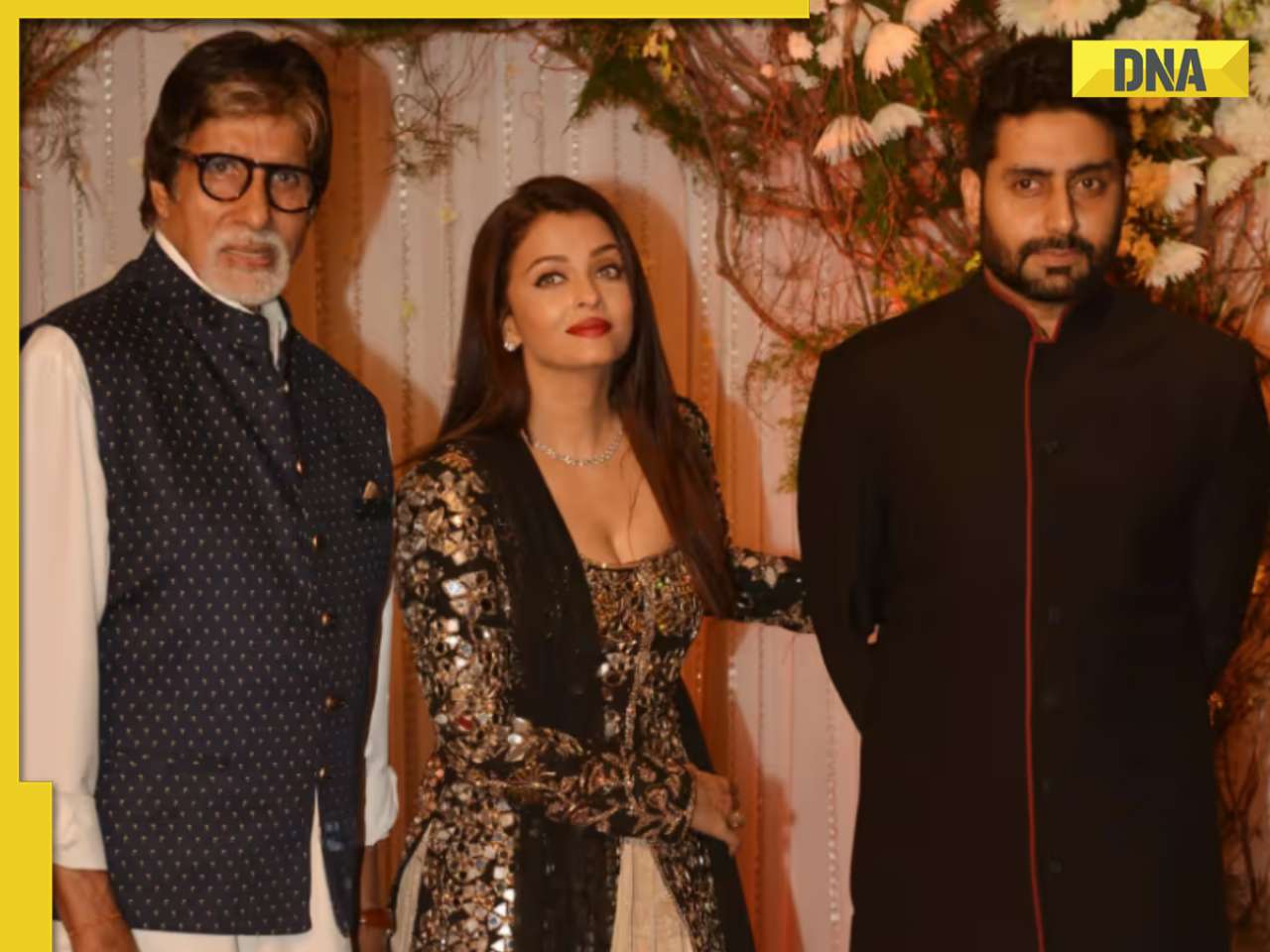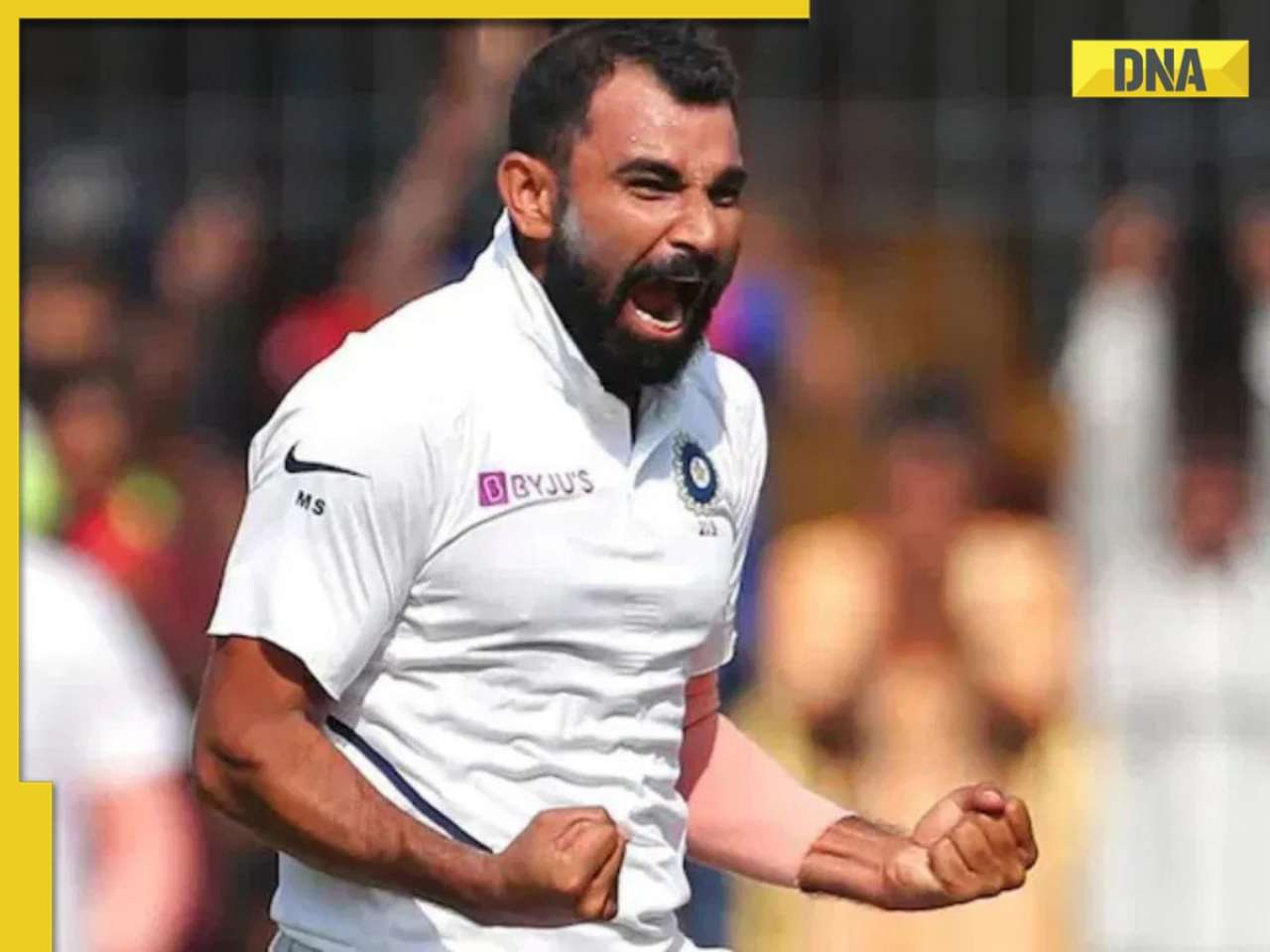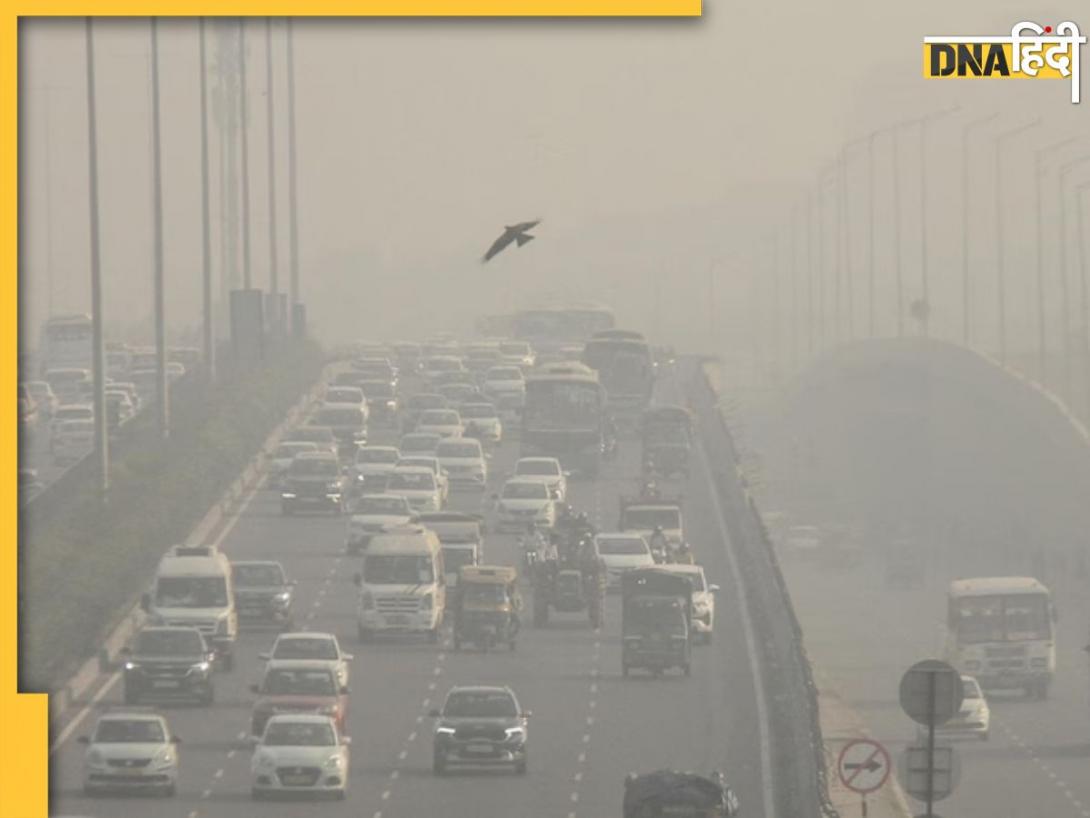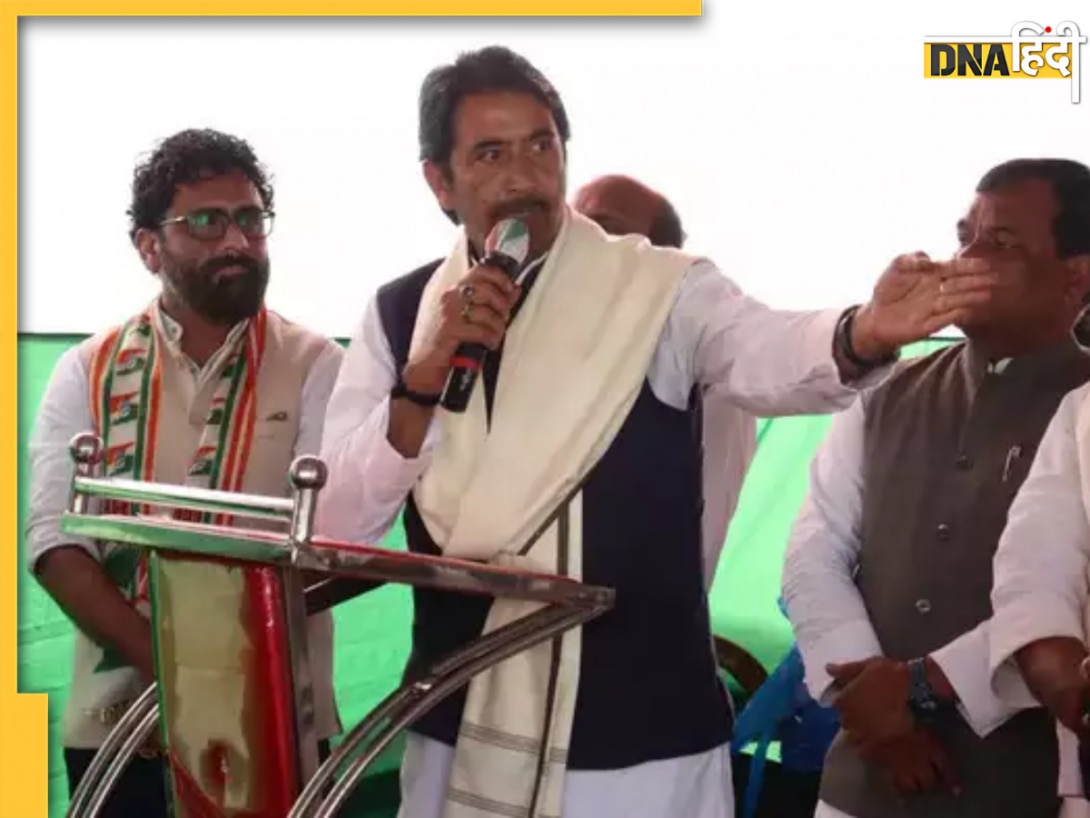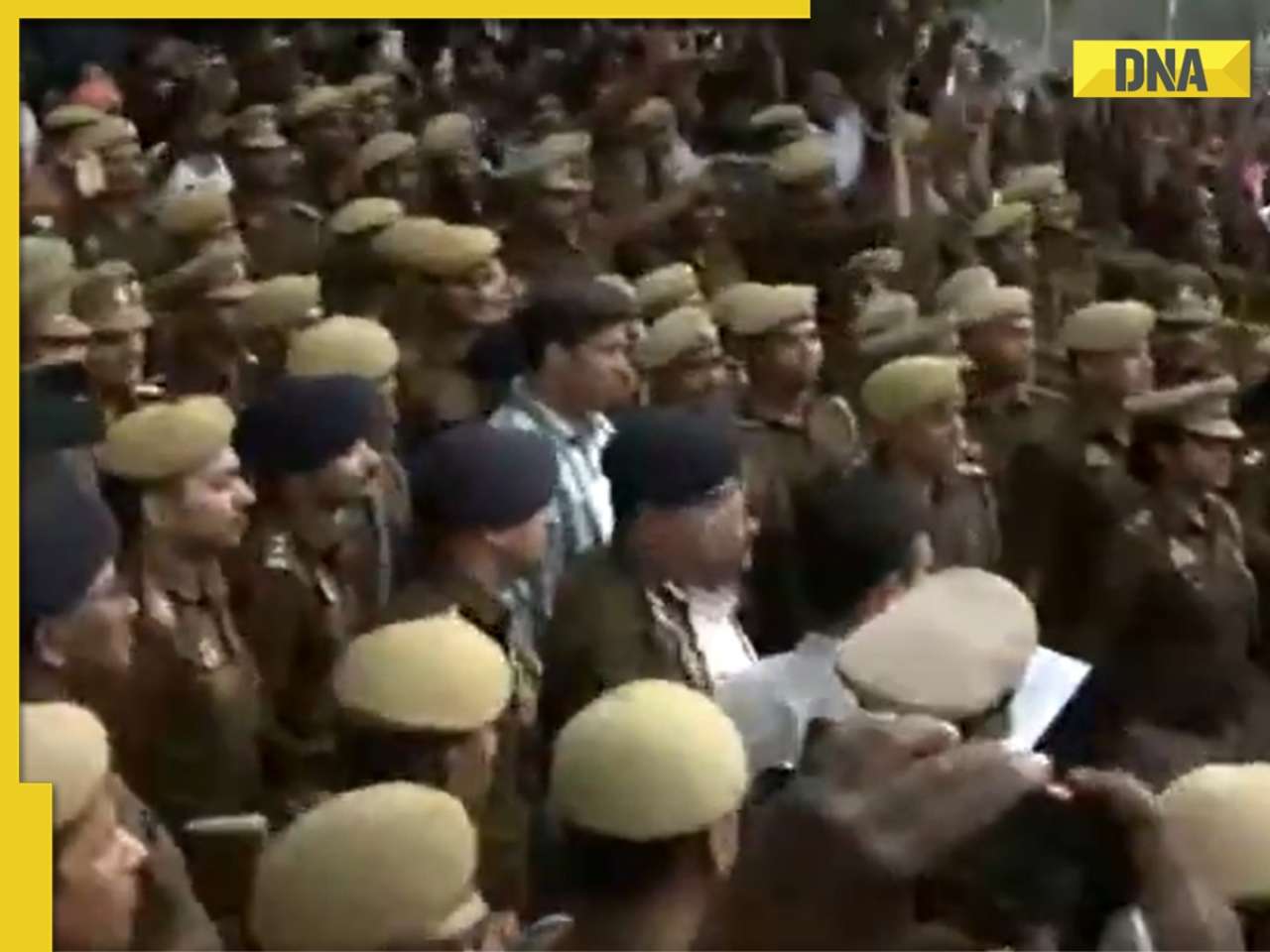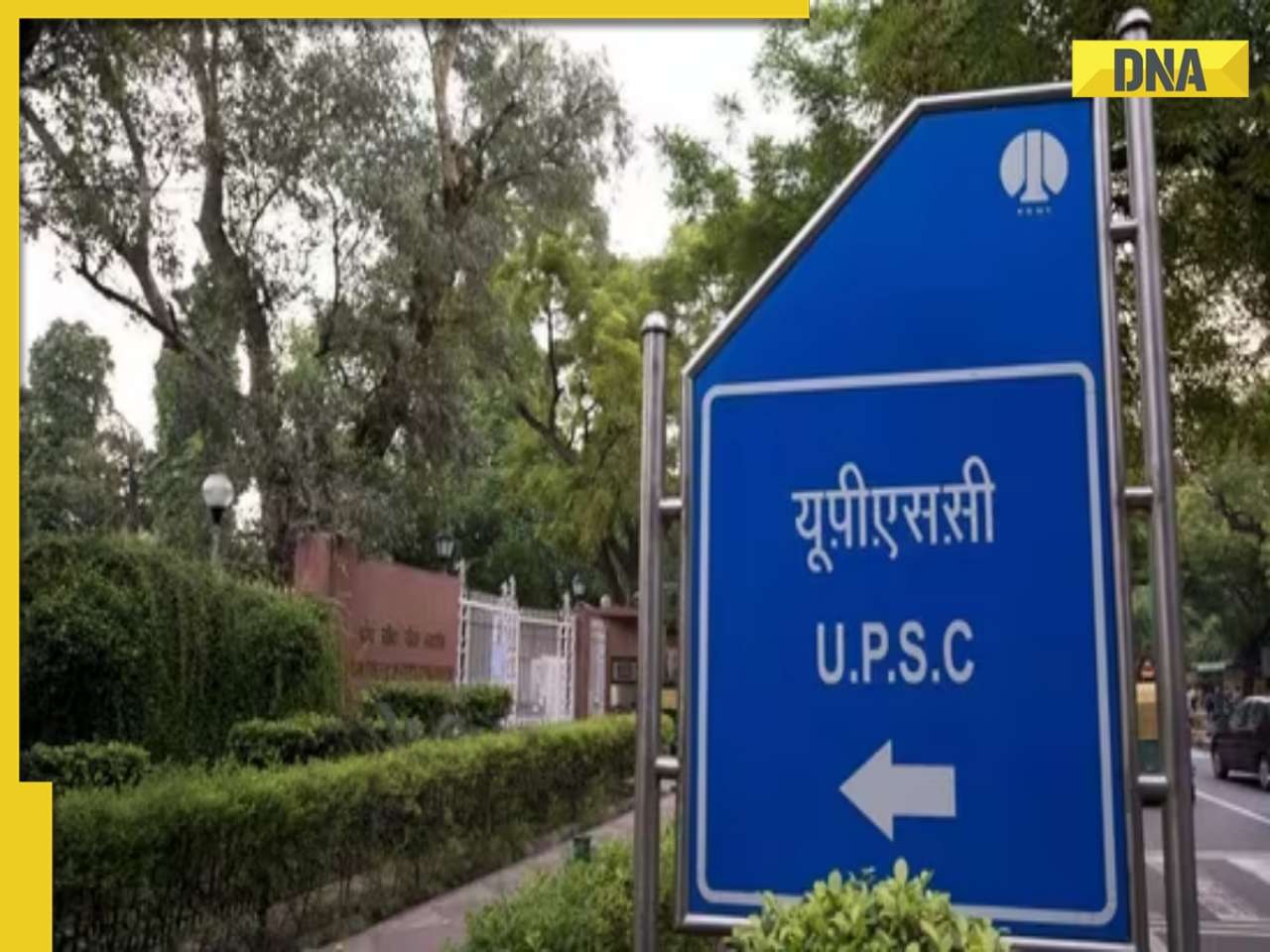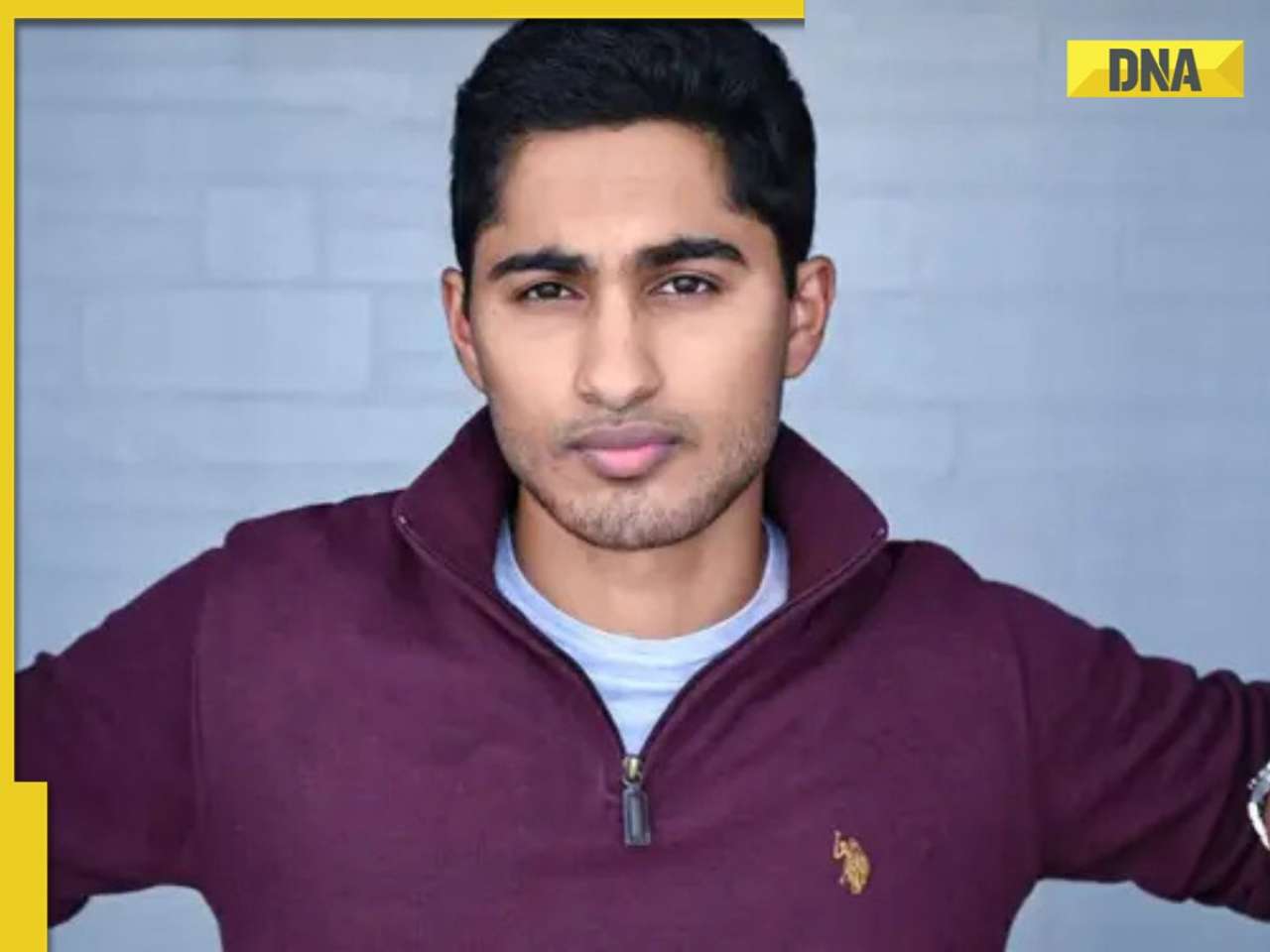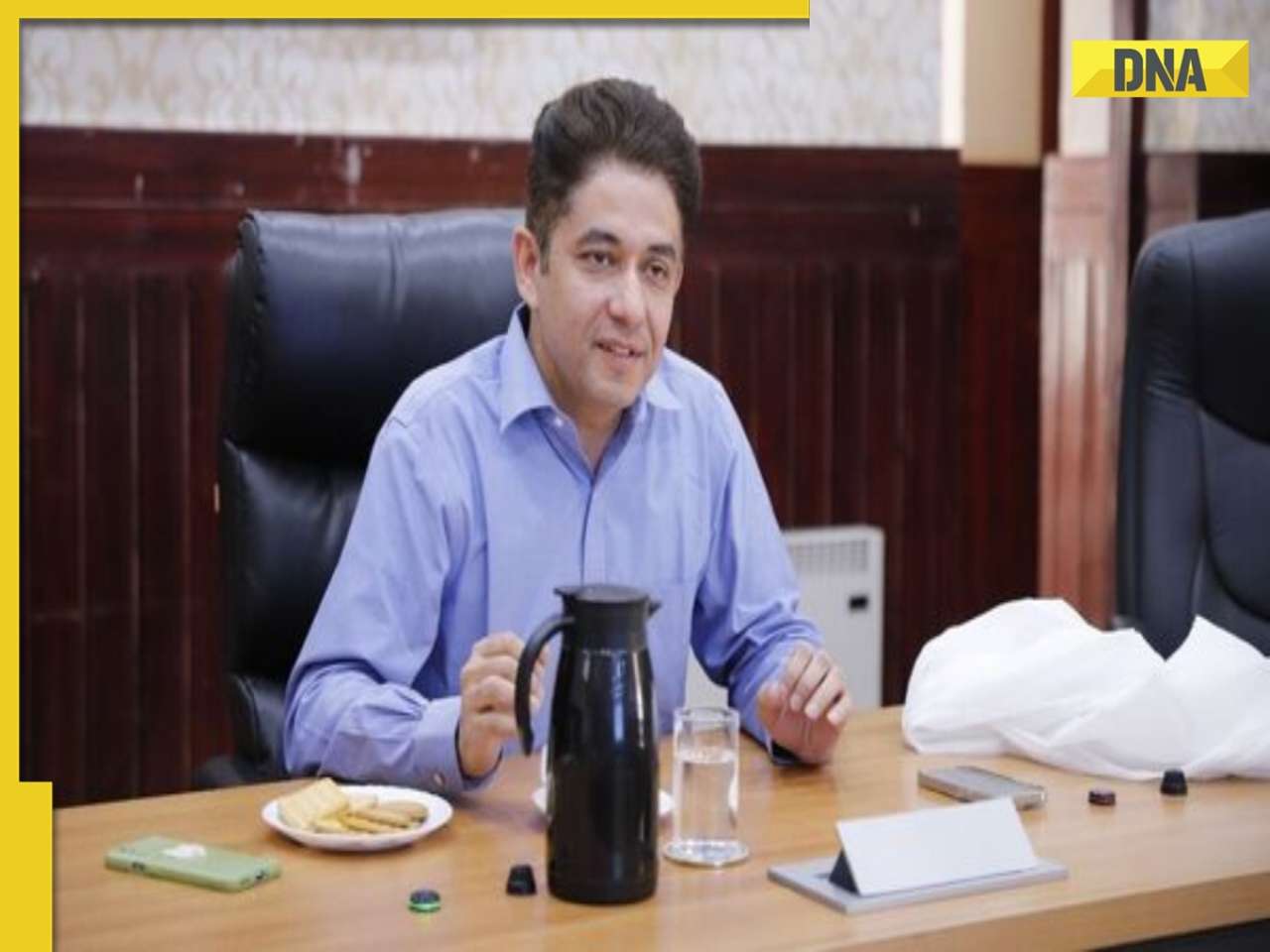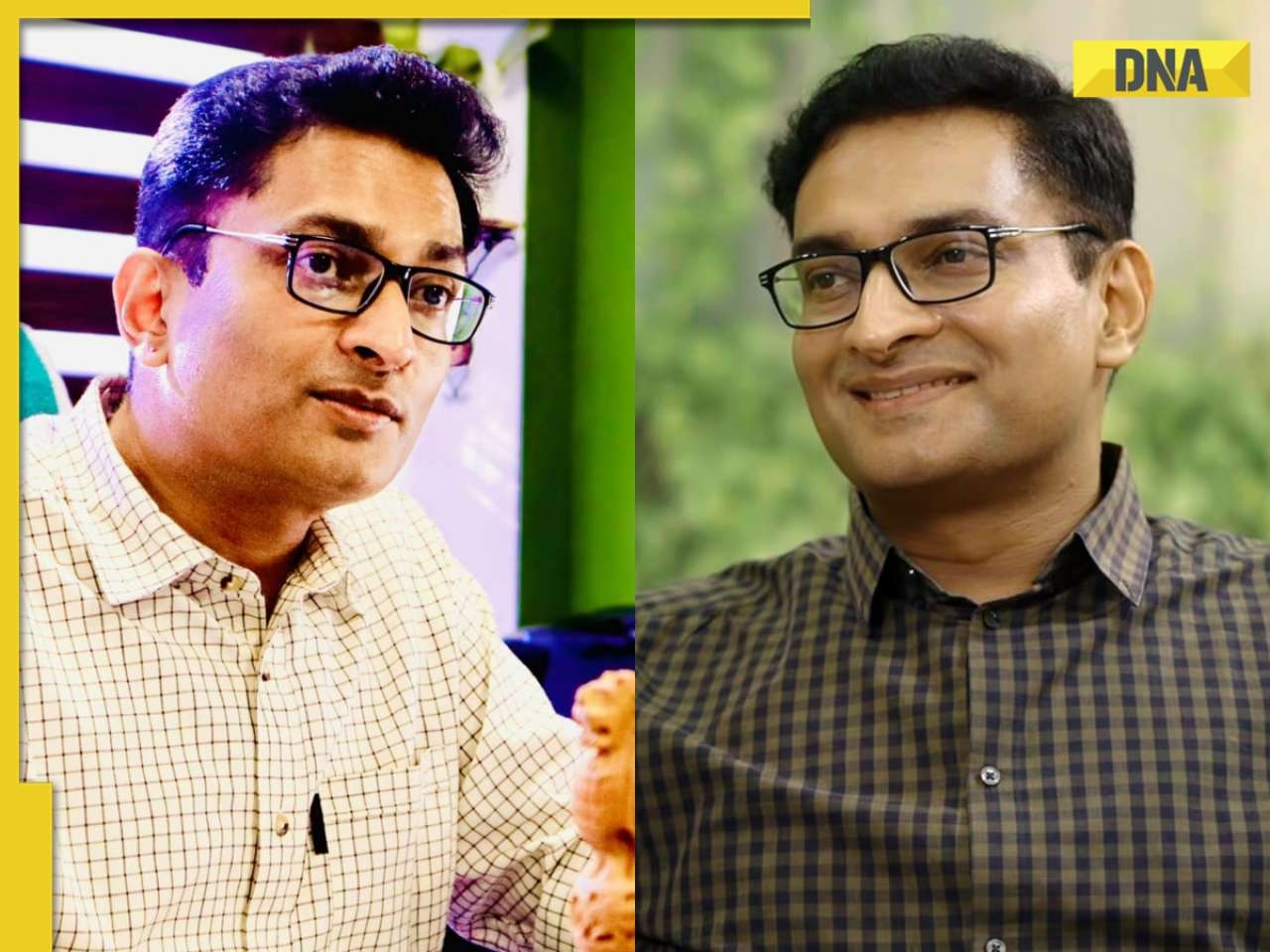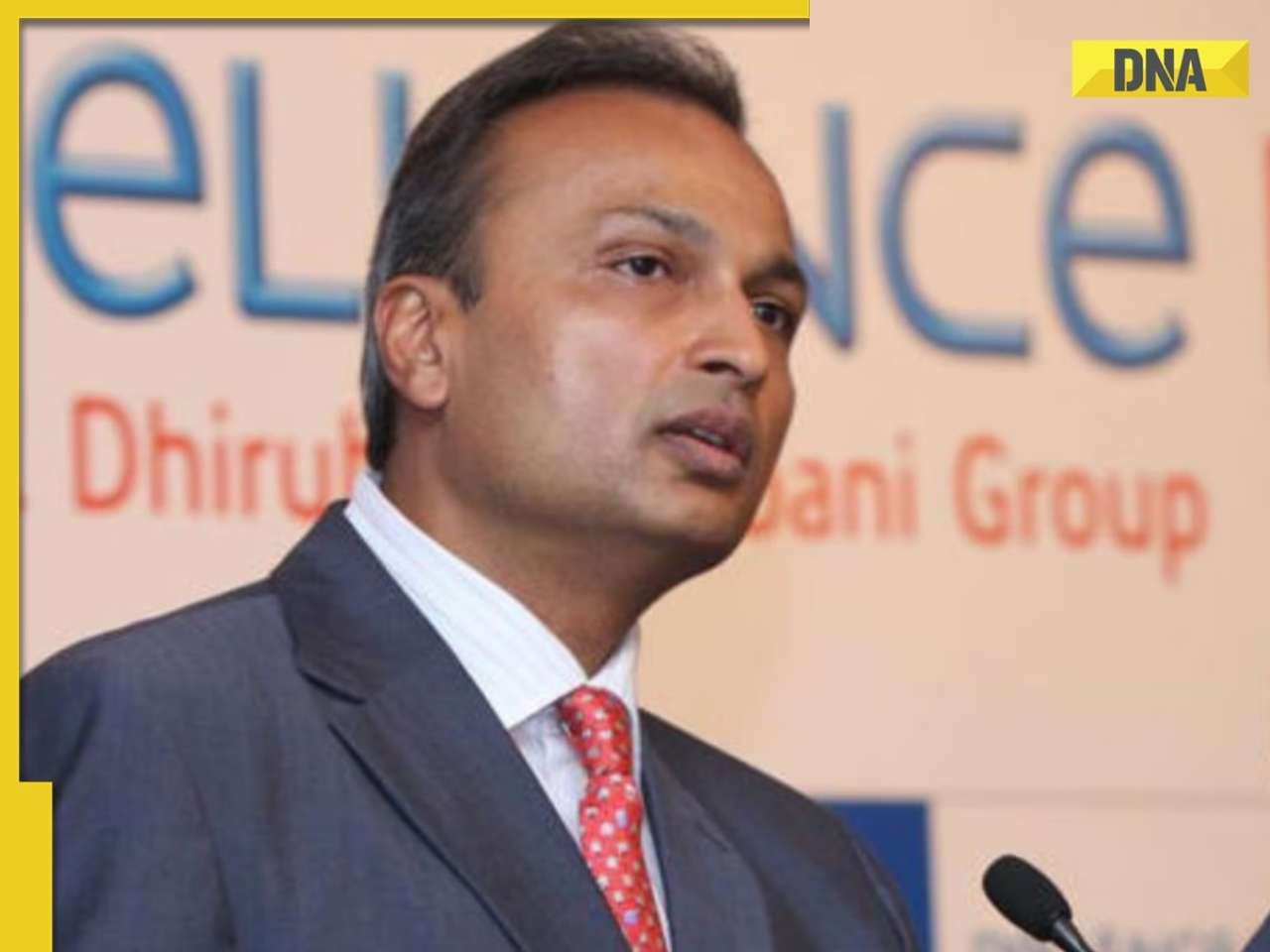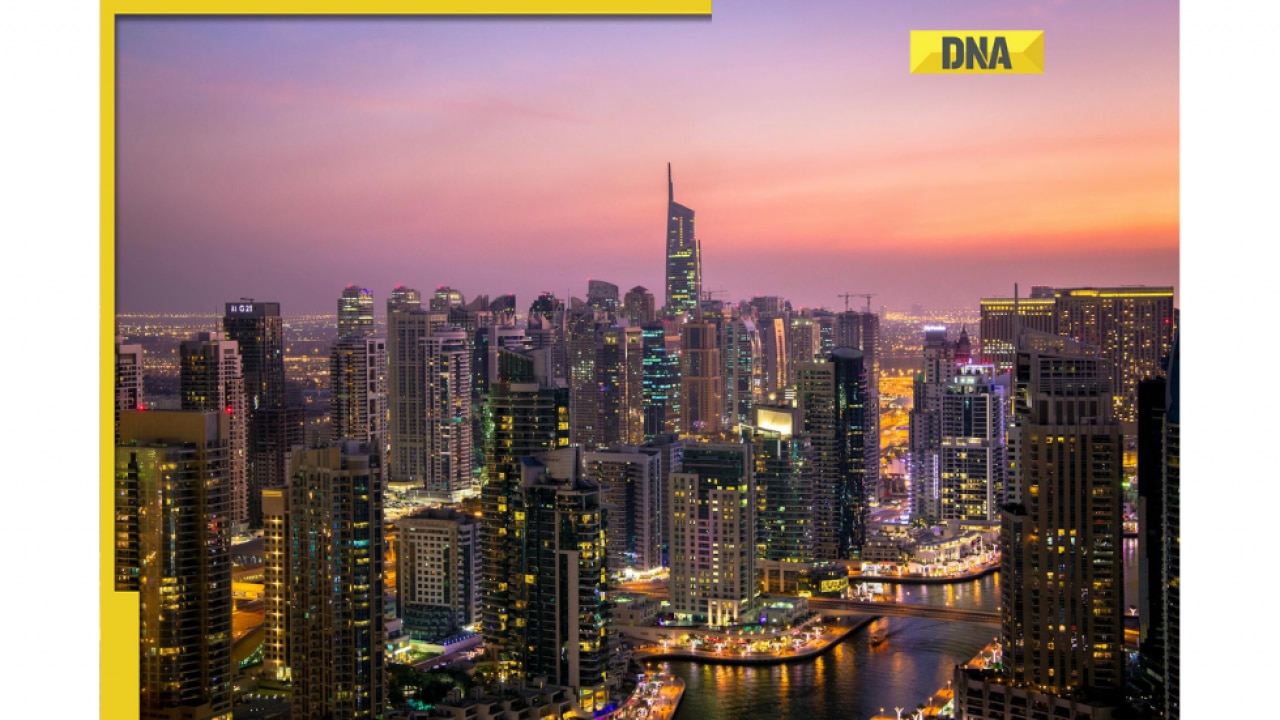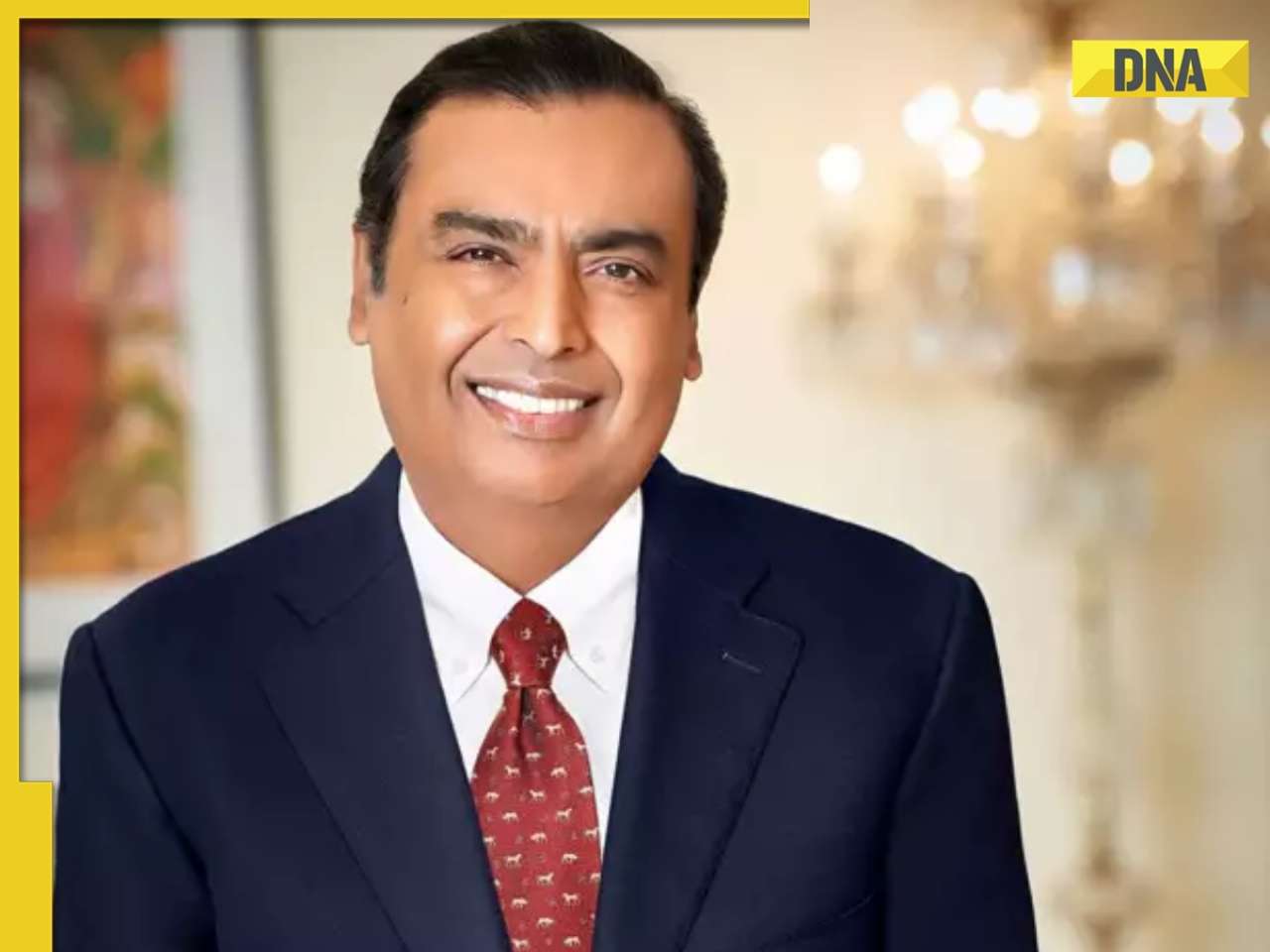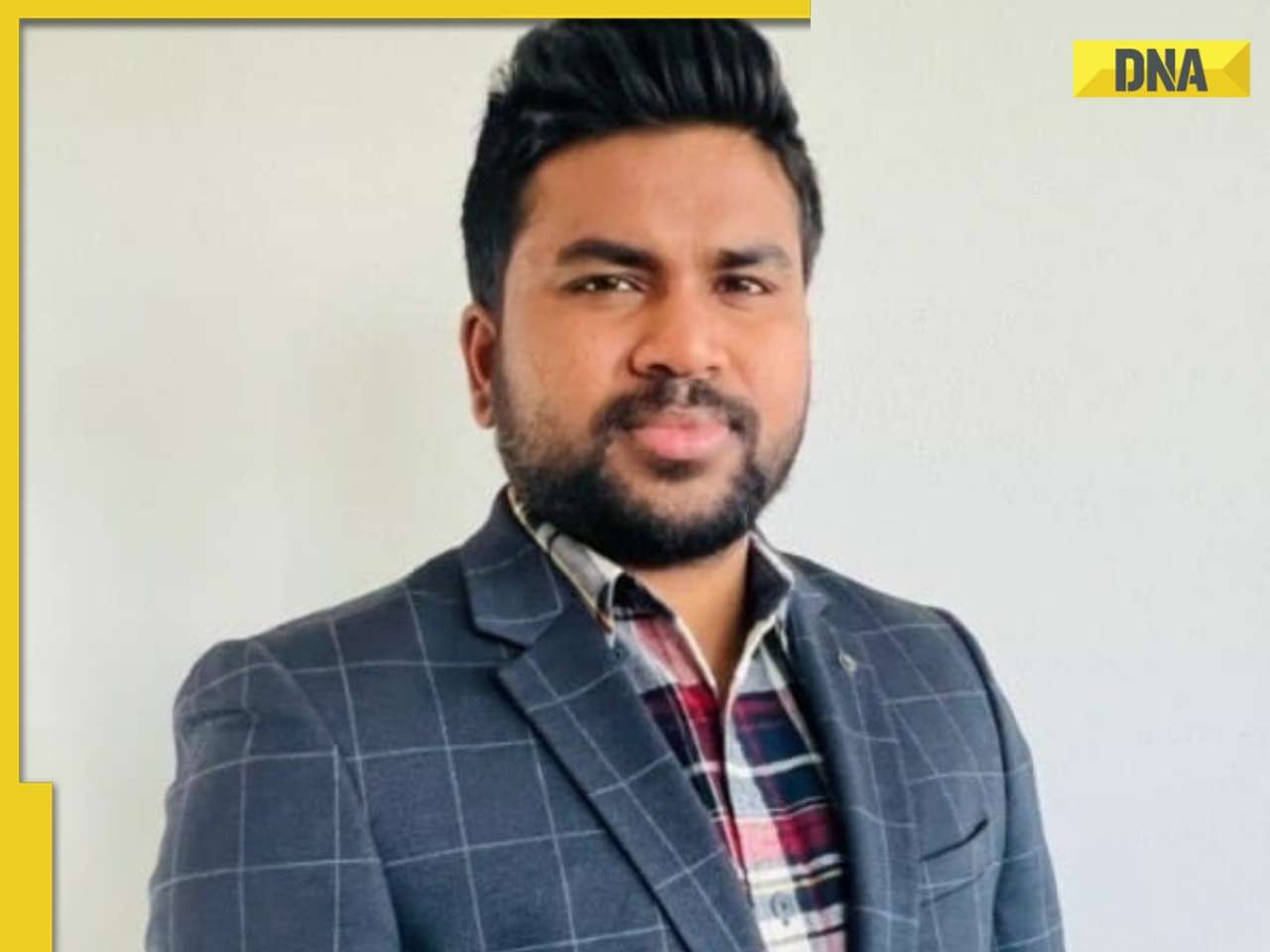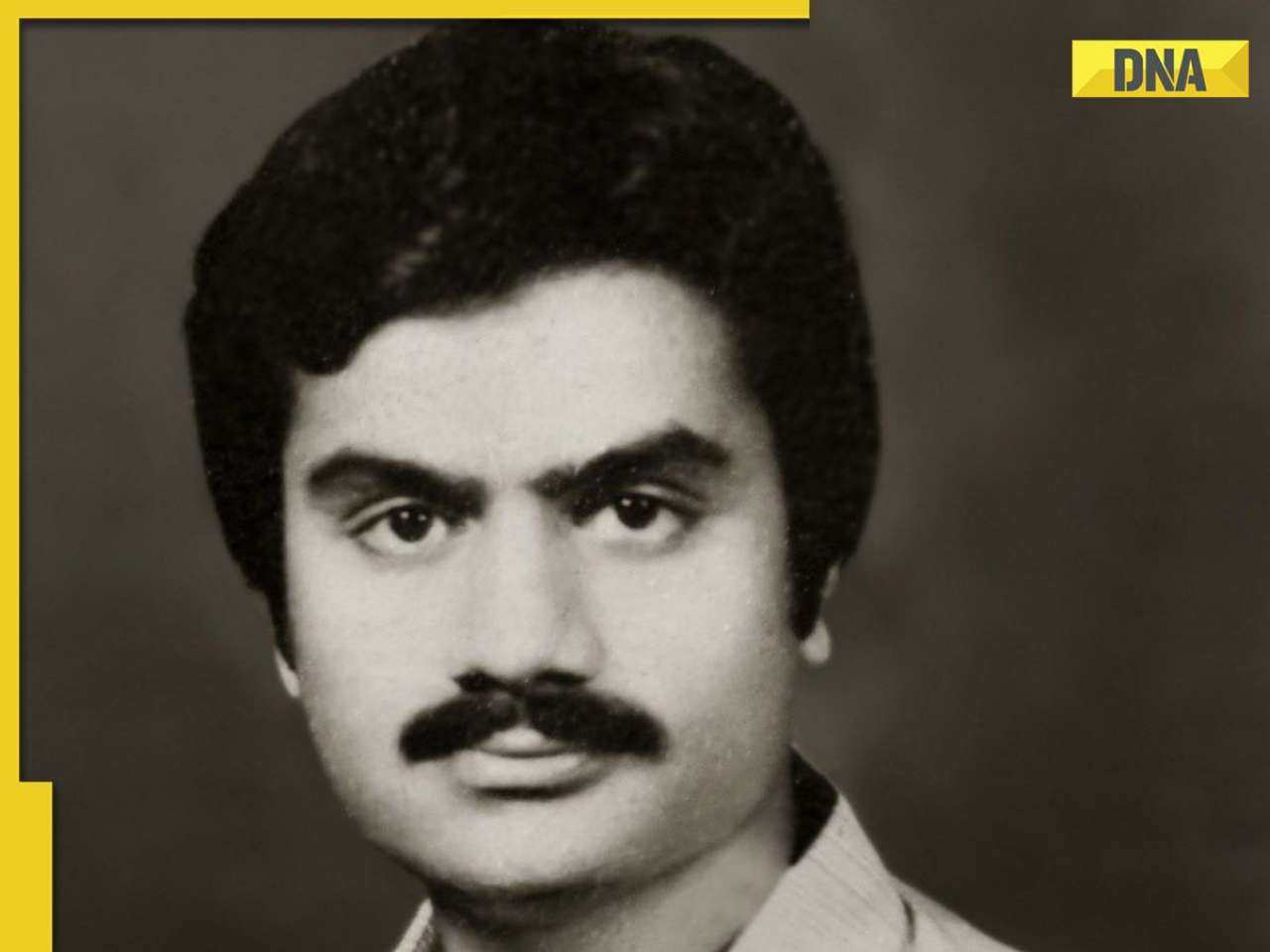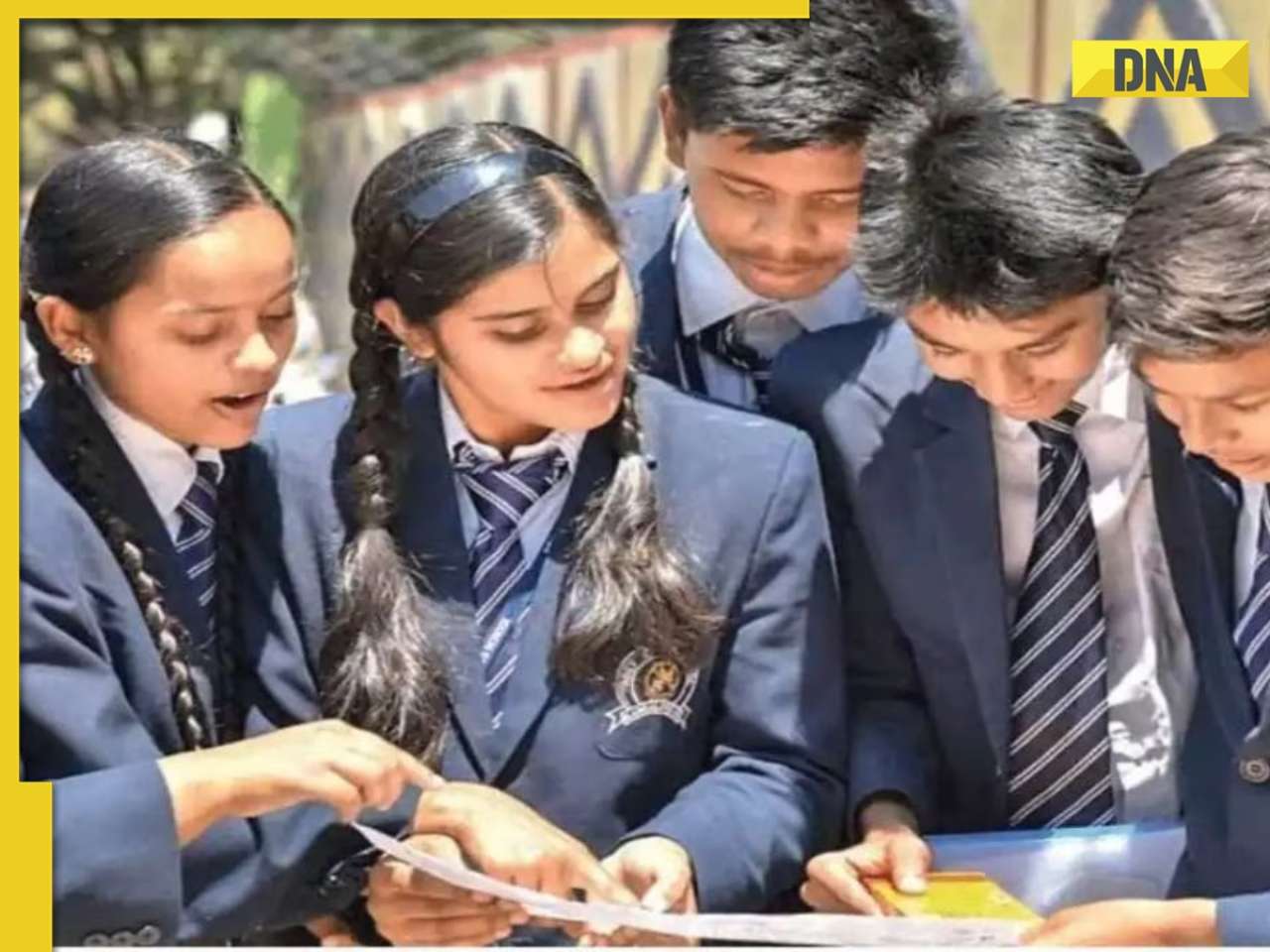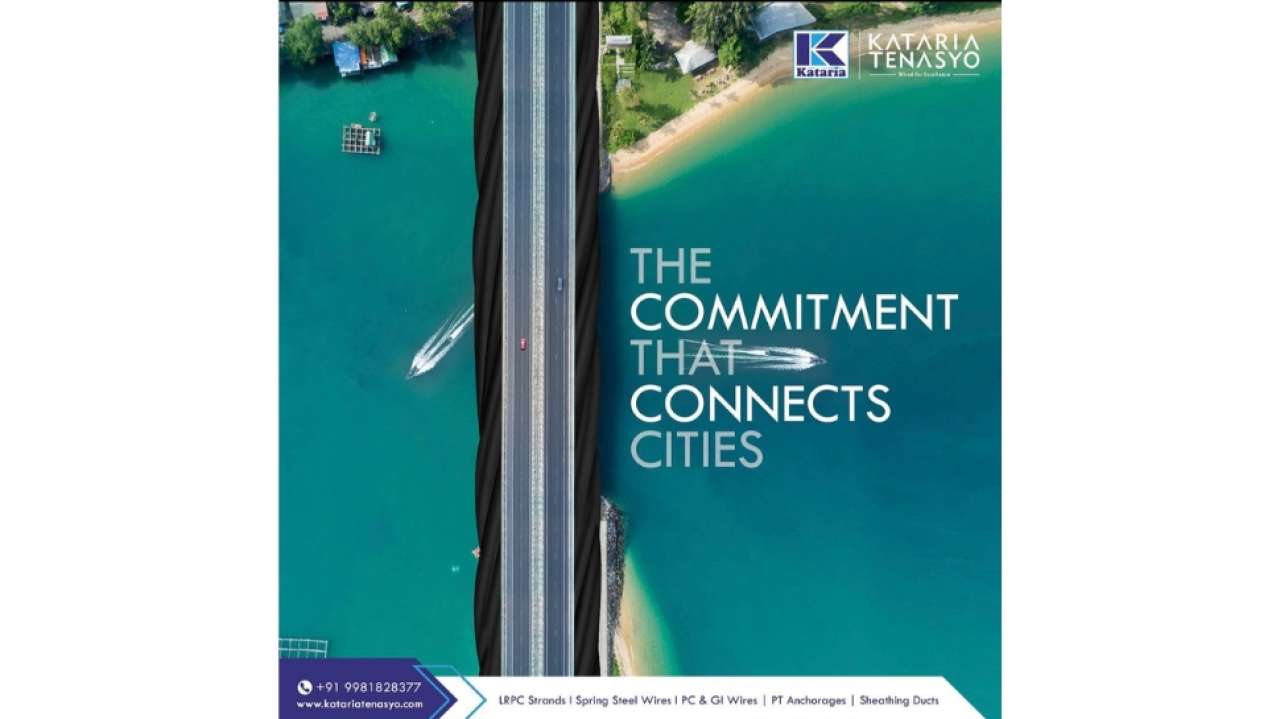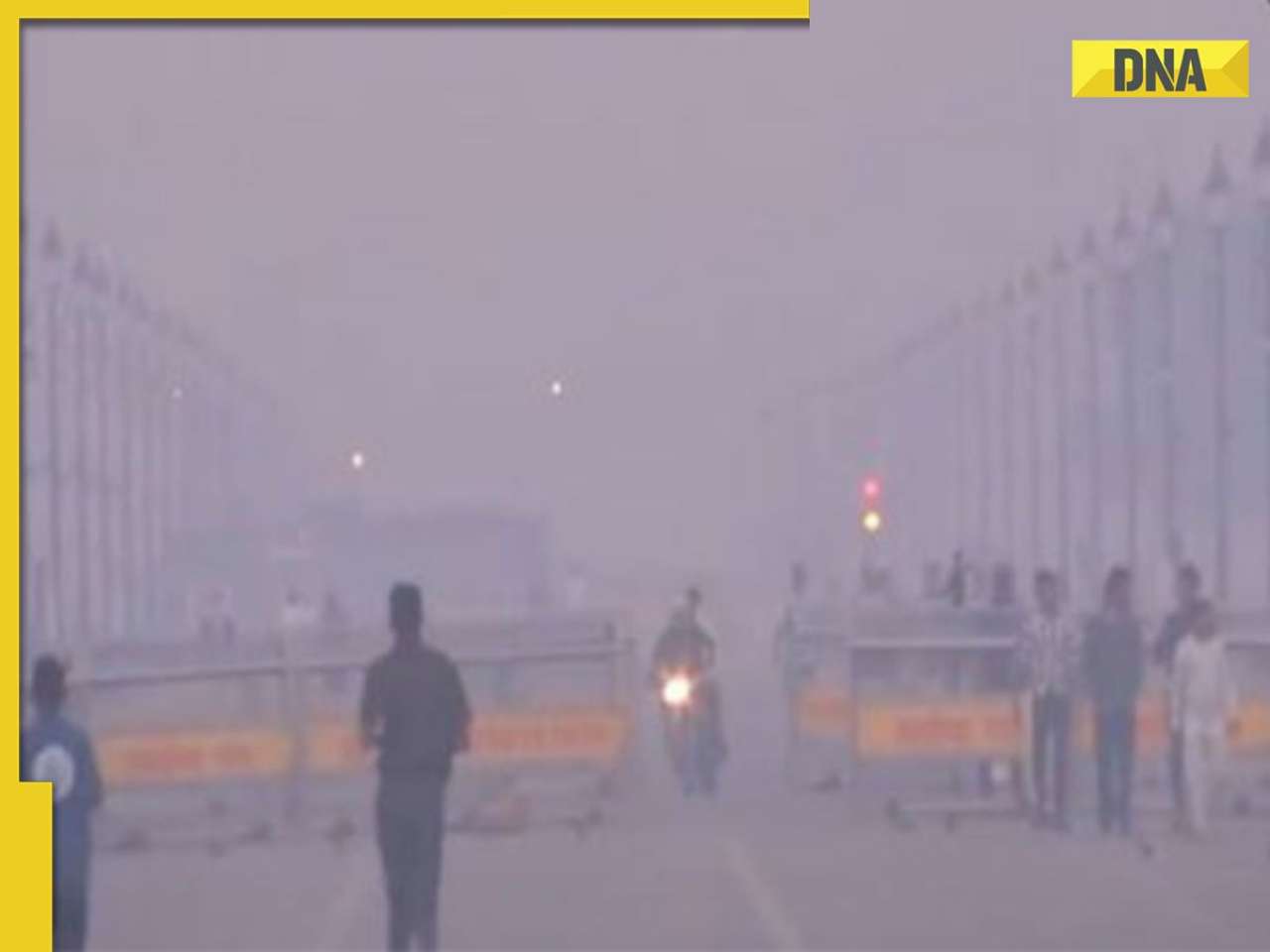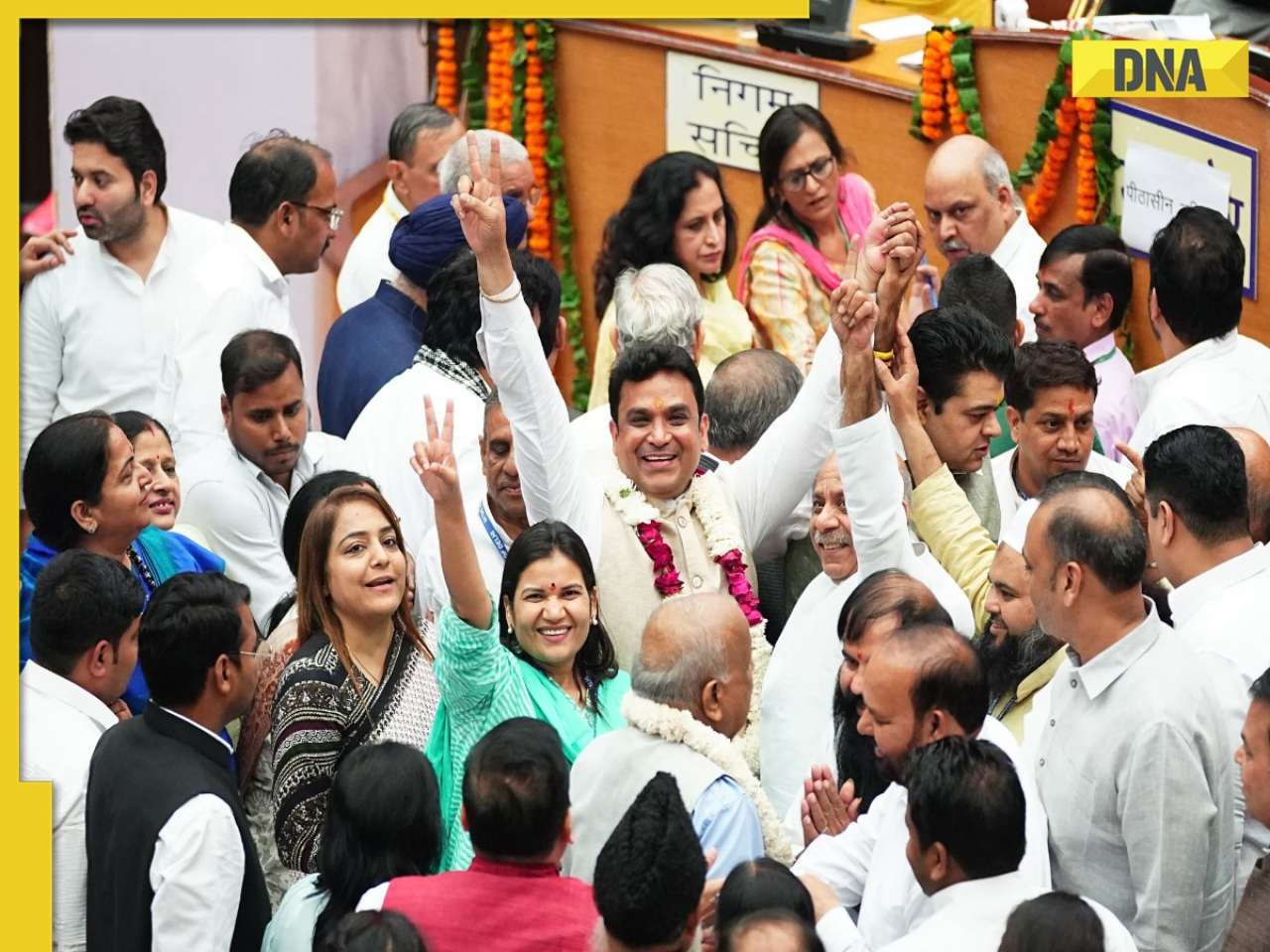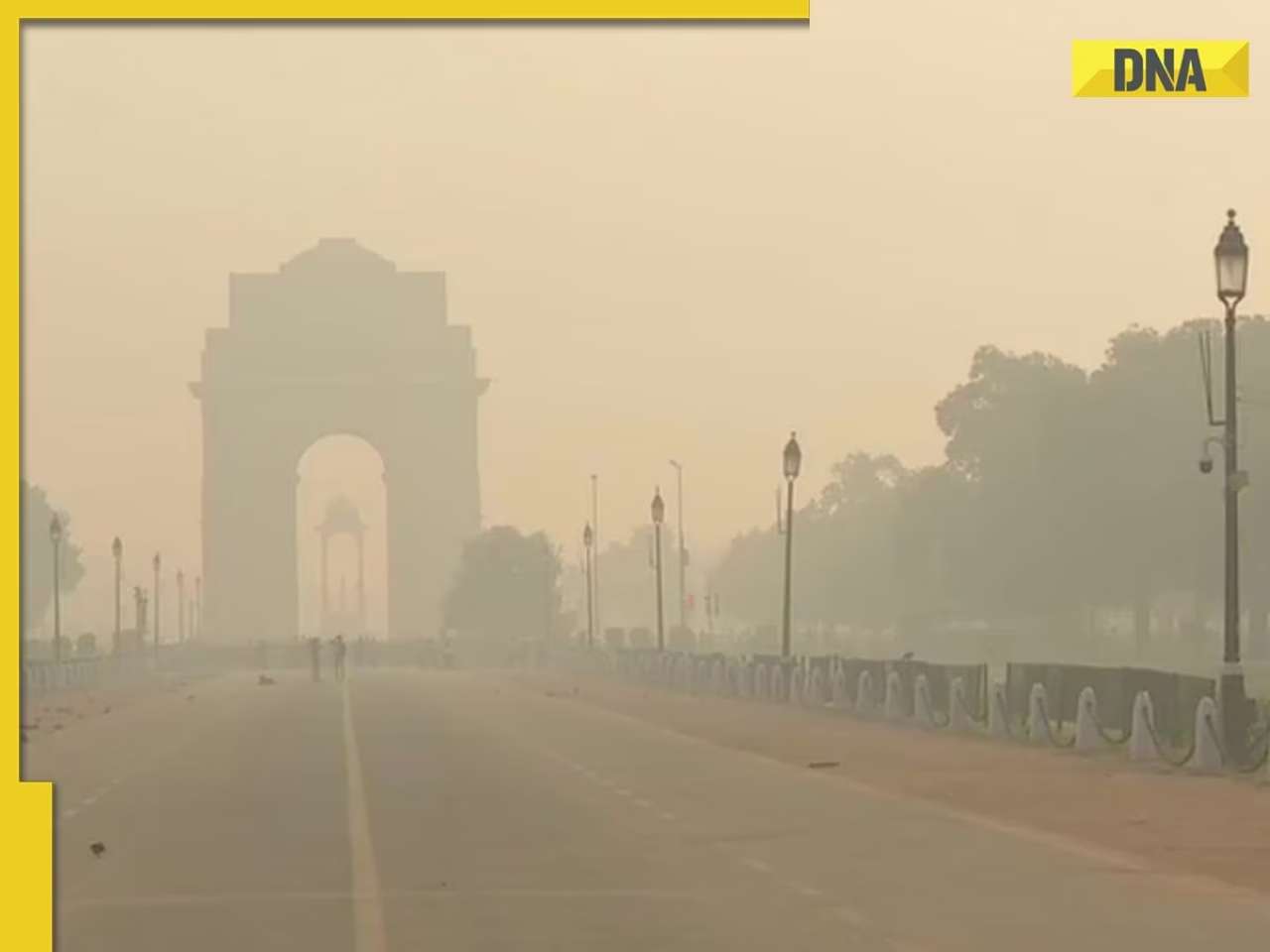- LATEST
- WEBSTORY
- TRENDING
ANALYSIS
Could adherence to road safety protocols have saved Gopinath Munde's life?
TRENDING NOW
Stories often make an impact in a way statistics can never. They stay in our head in a way numbers cannot. They move us to action as opposed to just armchair analysis.
The recent case of the death of Union minister Gopinath Munde. Munde was in the back seat of his car when another car hit his vehicle from the side at an intersection in Delhi. The impact on the car seemed minor, but the blow on Munde’s body was deadly.
Needless to say, this has stirred a national debate on road safety. Statistically speaking, we should have had this debate a long time ago, and by now, put in place concrete steps to improve road safety. Our records are so bad it hardly makes sense to use the word ‘safety’ next to ‘road’. They are far apart. Our share of the world’s road fatalities is 15%, but with just 1% of the world’s vehicular population. Road accidents, according to a story in The Economist will catch up with HIV fatalities by 2030. The bulk of these fatalities will be from developing countries, especially South Asia and Africa.
After this recent high profile incident, several theories and ideas are afloat. While this is a good moment to kick-start the action on road safety, we should not get lost in this story. What we do needs to take the larger picture into consideration. The conclusions we draw from this story cannot be the only basis for our future action.
One theory being flouted is that wearing a seat belt would have saved his life, so we should make wearing rear seat belts compulsory. One could also hypothesise that if the car that hit Munde’s car, an Indica, had advanced features, like ABS, it would have stopped in time. We could then argue for mandatory ABS in all cars. A simple question to ask at this stage is, if we can’t stop signal jumps, how will we enforce usage of rear seat belts?
May be he would’ve been saved if his SX4 car had airbags for rear seats. A discussion on features, basic or advanced can go on and on. There are enough studies that question the real world impact of many such features, but we’ll get to that later. First, we should look at two aspects: 1) statistics, whether we like them or not, and 2) behavioural factors among drivers.
For starters, over 60% of road fatalities occur on our national and state highways. Pedestrians and bicyclists account for about 40% of fatalities. According to this paper by Professor Dinesh Mohan, in Delhi, this is 57%. A further 26% fatalities are motorbike riders. Car occupants’ share of fatalities in Delhi is around 2-3%. After some number crunching, Professor Mohan estimates seat belts could have saved or have the potential of saving about 1% of lives lost in Delhi. The book Indianomix by Rupa Subramanya and Vivek Dehejia has a chapter dedicated to these issues and is worth a read. It makes sense for all officials and commentators on road safety to learn the basics of statistics and economics.
So, the real world impact of enforcing strict seat belt laws could potentially reduce road fatalities by a mere 1%. This number may be very different in certain western countries where the vehicle density is high and population density is low. We must tread really cautiously and not buy the western narrative on road safety as is. We should focus more on pedestrians than on car occupants. Car occupants, from a state’s perspective, should be the fourth or fifth priority, at least as far as cities are concerned. This is not to say that a car occupant shouldn’t wear a seat belt, they should of course do that, but while at it, think of the pedestrians.
The next aspect to look at is behavioural or human factors. According to the Government of India Ministry of Road Transport and Highways, Transport Research Wing report 2011, some 78% of all road accidents are on account of human error. And 75% of road fatalities can be attributed to human error. 58% of are on account of over-spending , 8% due to Alcohol and 9% due to drugs. Overloading and Overcrowding also contribute significantly to these accidents. Errors by cyclists and that of the pedestrians seems to be of marginal consequence accounting for a share of 1.2% and 2.7% respectively.
Safety experts and automobile companies know this well and they often resort to improving safety features in a car. It’s easier to introduce a safety feature than to change driver behaviour. Many of them have been rather useful. But not all of them work the way they are originally supposed to.
Poor social norms, compensatory behaviours, poor enforcement means that we don’t really get the benefits of such features in the real world. They work fine in labs and tests, but give the car to a human and we can make a really advanced feature in to a highly ineffective one. This study by National Highway Traffic Safety Administration suggests that net impact of ABS on fatal crashes is next to zero. Another study among taxi drivers shows no major impact of ABS on fatal accidents.
In our studies on Indian highways, we have seen similar numbers that appear rather anomalous. Bigger, wider highways have higher per KM accident rates as opposed to narrower highways. Rail road crossings with higher visibility have similar accident rates as lower visibility spots, all other things like train and vehicle frequency being similar. Rail road junctions with lower frequency of trains & vehicles have higher accidents.
There are a number of hypotheses that could explain these, the ones in circulation being Peltzman’s risk compensation theory or what John Adams of UCL calls Risk thermostat. These hypotheses suggest that we compensate for safety features by taking more risks. We drive faster on wider highways and brake late when our car has ABS. This is an interesting hypotheses worth exploring. Even if this hypotheses is ignored, safety experts and auto companies must research and explain why some of these features do not work as expected. Unless these are addressed, we would just be increasing cost without any real benefits.
The other factor that drives these errors, particularly in cities is poor norms. Traffic works on norms and not necessarily rules. Tom Vanderbilt, in his book Traffic talks a lot about this. Many educated, rich people break laws, so it is not purely an awareness problem. Most drivers know that red means stop, but then when others jump a red signal, rules give way to norms.
Traffic is fraught with a lot of uncertainty, when rules aren’t enforced. Should I respect the red light in this city? Should I stop at the red-light say at 6 in the morning when the roads are empty?
When there is uncertainty on rules, we fall back on norms. What are other motorists doing? They are jumping the signal, so will I. Usually, we rely on norms where rules don’t exist or when there’s uncertainty. The problem in Indian roads is that we have made a joke of the most certain rules, like confirming to traffic signals, driving on the correct side of the road, having a proper license to drive.
We have allowed discretion where there should be be none. So, we come back to the very basic, boring, unglamorous aspect of road safety. Tightening the process of issuing licences, proper medicals tests, proper enforcements and optimal fines.(Rs.100/- for jumping a traffic signal, seriously?) And revoking licenses of serial offenders. These can be done in cities with relatively lesser effort as opposed to highways.
We cannot change the traffic norms in a city by releasing some slick advertising campaigns and catchy slogans. These are just plain lazy ideas. There are hard measures needed to deal with violations. We can then move on to correct other aspects like reducing excessive honking, building empathy among various users of roads, promoting co-operation and thereby reduce competition.
Additionally, there are better road design ideas. Like roundabouts as opposed to intersections. Roundabouts appear unsafe, there are more minor accidents at roundabouts, but they also lead to a significant reduction in fatalities.
Road safety is a heavy researched subject and there are many many studies, some with conflicting data and consequently, conflicting view points, some that may not be relevant to the Indian context. Equally all of us have at least one, if not many road safety stories, involving ourselves, a family member, a friend or a neighbour or someone of national importance.
We must use the story as a motivational tool for action, but be guided by data, psychology and economics when it comes to finalising safety laws and measures.
Ram Prasad is a co-founder of FinalMile, a Mumbai and Chicago based research & design consultancy that solves complex behavioural challenges. Its practise of Behaviour ArchitectureTM is built on the precepts of cognitive neuroscience, behavioural economics and design. These sciences challenge existing paradigms on human condition and behaviour. FinalMile's work spans the commercial as well as the social/developmental sector. In his earlier roles, Ram dabbled in branding, design, M&A, marketing, innovation and communications. He has delivered guest lectures at leading institutions in India and Europe.
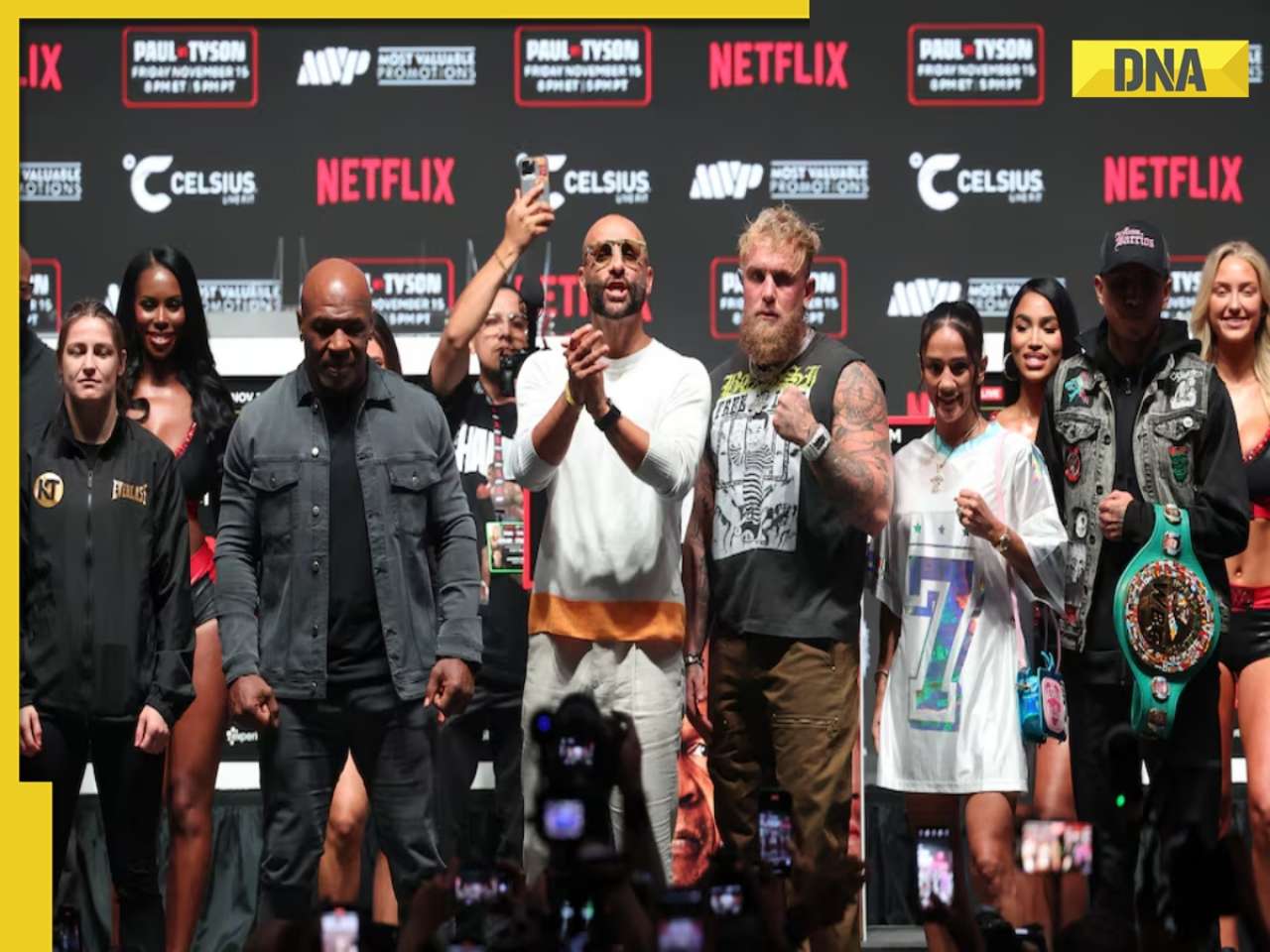
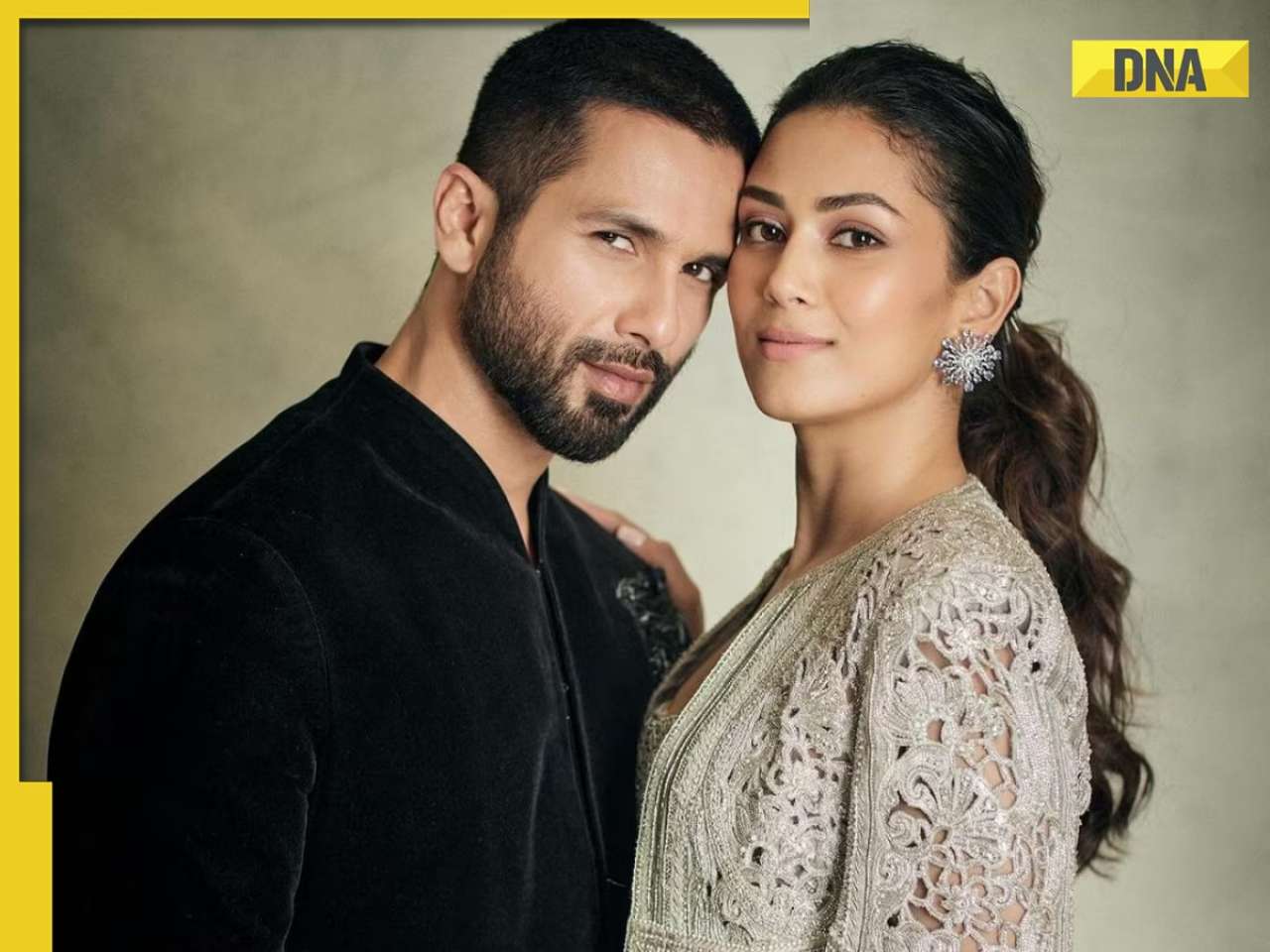





)
)
)
)
)
)
)
)
)
)
)
)
)
)
)
)






